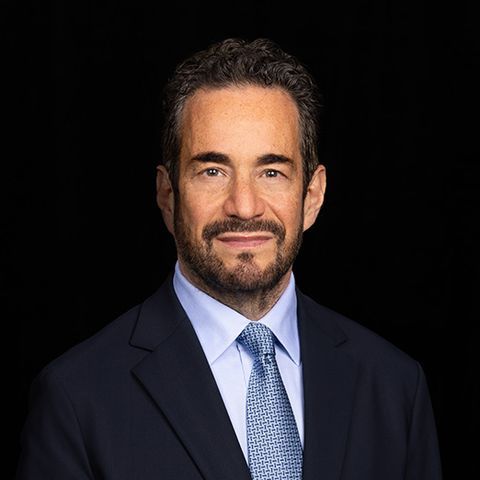Publications
Expense-Related Issues Continue to Trigger SEC Enforcement Actions
SRZ Private Funds Regulatory Update
August 2020
On Aug. 7, 2020, the SEC sanctioned Rialto Capital Management for failing to properly disclose and allocate certain costs and expenses.[1] Rialto undertook to perform, for compensation, “third party tasks” that other advisers would have caused their funds to outsource. Rialto agreed to perform these tasks at favorable rates, but the SEC alleged that Rialto (i) did not perform any analysis (after the first year) to support claims that their rates compared favorably to market rates; (ii) did not charge these expenses to its co-investment vehicles; and (iii) did not disclose that it increased an “overhead factor” over time. Therefore, in spite of having the expense charges approved by an advisory committee, Rialto’s actions and omissions resulted in a settlement involving restitution of approximately $3 million, a fine of $350,000, and SEC findings that Rialto violated Sections 206(2) and 206(4) of the Investment Advisers Act and Rule 206(4)-7 and Rule 206(4)-8 thereunder. In addition, the Commission found that Rialto failed to adopt and implement written compliance policies and procedures reasonably designed to prevent violations of the Advisers Act and its rules.
Although the settlement does not represent any new SEC initiative, it is yet another entry in an increasingly long line of actions against private fund managers for errors in (over)charging expenses to fund clients. Compliance and finance personnel at investment advisers should ensure that they budget time to review the processes and disclosures around the expense allocation process, and should expect to be questioned on their processes and determinations.
This article appeared in the August 2020 edition of SRZ’s Private Funds Regulatory Update. To read the full Update, click here.
[1] See In the Matter of Rialto Capital Management, LLC, Release No. 5558 (Aug. 7, 2020), available here.





